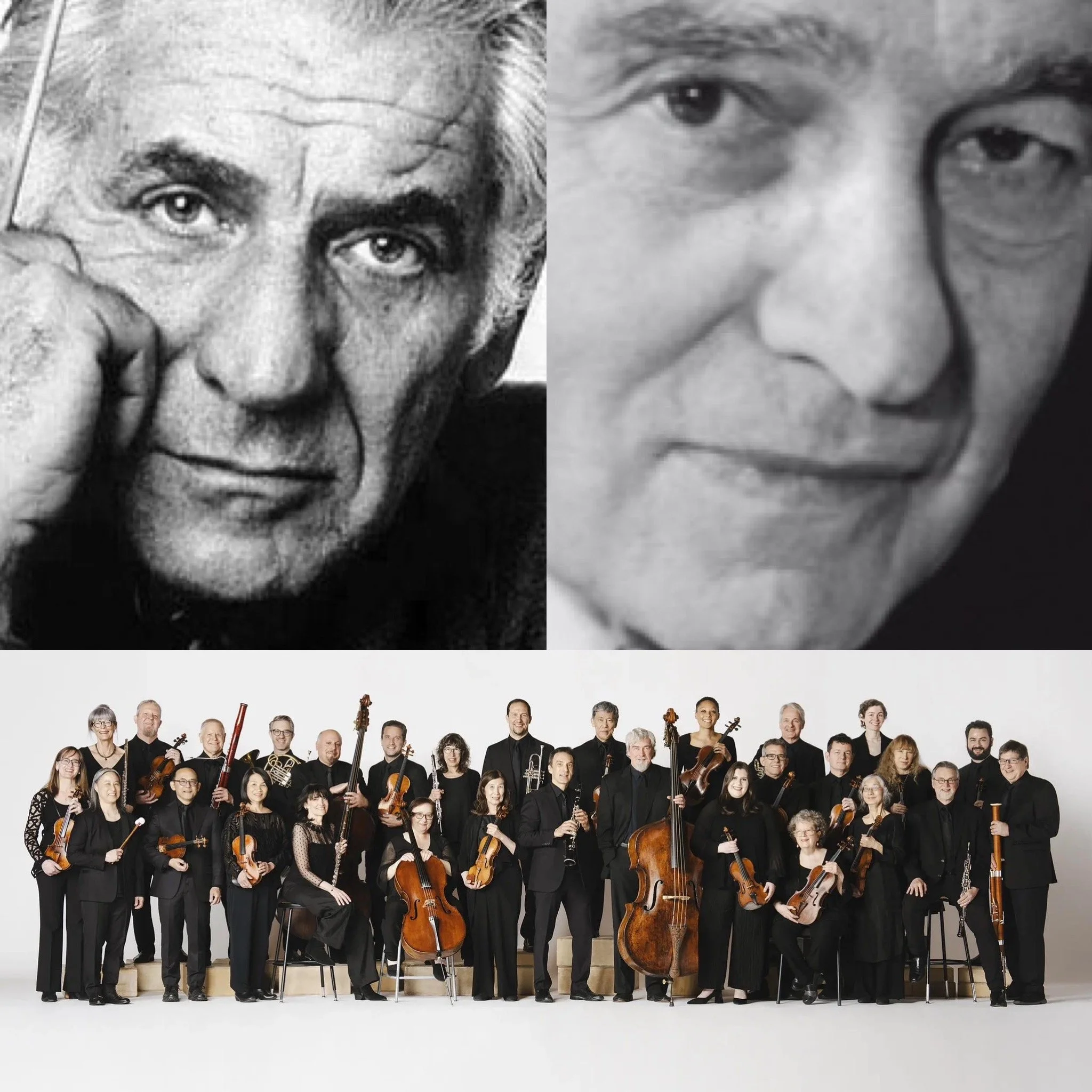REVIEW: "An American Soldier" Documents an American Tragedy
Above, Brian Vu in AN AMERICAN SOLDIER. Photo by Marc J. Franklin.
May 19, 2024
An American Soldier, the harrowing new opera on stage at New York’s newest major performing arts venue, the Perelman Performing Arts Center, makes of the audience flies on the wall in a military courtroom in Fort Bragg, where a sergeant of the U.S. Army stands accused. Over the course of two acts, a judge (Christian Simmons) interrogates the death of Danny Chen, and in a series of flashbacks to Chen’s native New York City, bootcamp, and 2011 deployment in Afghanistan. We are privy to an all-too-common true story of racism, bullying, and the complicated journey of immigrant communities.
That the venue’s entrance overlooks the 9/11 Memorial and Museum, and that Chen hailed from nearby Chinatown, where a portion of Elizabeth Street is named Danny Chen Way, made the performance especially poignant.
The searching and empathetic libretto by David Henry Hwang takes an ingenious theatrical approach to illuminating Chen’s story. Huang Ruo has composed an intricate, eclectic, and inventively orchestrated score, thrillingly (if, unfortunately, invisibly) performed by American Composers Orchestra under the energetic baton of conductor Carolyn Kuan.
Photo by Marc J. Franklin
It was a difficult opera to watch. As Danny Chen, Brian Vu’s powerful lyric tenor is as steely as it is plush, and he delivered a brave, stoic performance that haunted the courtroom proceedings, shared lighter scenes with hints of romance with the earnest and clear mezzo-soprano Hannah Cho, and endured unconscionable, racially-motivated violence.
The horrific saga earned its Content Advisory. Hwang’s dramatization does not shy from trickier elements of Chen’s story. In many ways, this is as much the tale of Chen’s mother, portrayed resonantly by Nina Yoshida Nelsen.
Writers of modern American opera carry a burden: to create a new work for an art form viewed as antiquated and elitist, one that will draw in younger, more diverse audiences to make the medium newly relevant. Choosing as your subject a series of events involving people who survive — who might come to see your opera — adds additional burdens.
Photo by Marc J. Franklin
Maybe that’s why An American Soldier ends up feeling like a musicalized documentary. We emerge from the theater educated; perhaps the writers didn’t feel at liberty to engage in flights of poetry, or to point the way forward.
It’s a boon for the repertoire that there are meaty new roles for singers of Asian descent. And Chad Yew’s physical production was a tour-de-force that bodes well for the technical potential of this exciting new theatrical space.
The piece itself, however, did not harness the healing power of ‘the theater’; the music abounded in novelty and atmosphere, yet Ruo’s declamatory melodies held the audience at arm’s length, rather than inviting the listeners in to imagine themselves in the characters’ shoes. Perhaps, it’s too soon.
Photo by Marc J. Franklin








